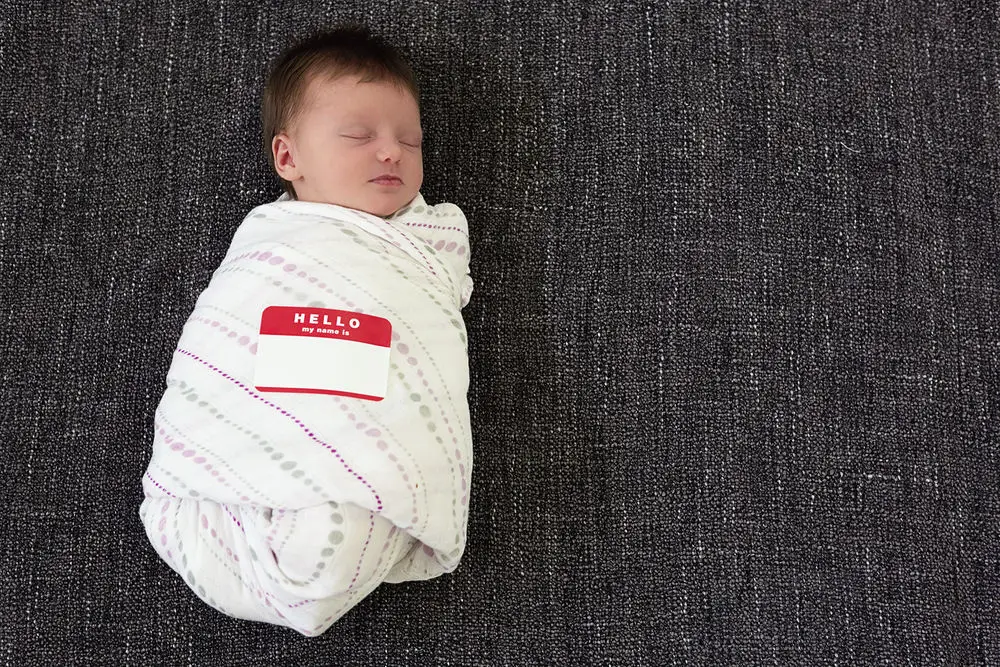Binary non-conforming people, or people who don’t subscribe to the gender binary and therefore identify as neither strictly male nor female, are here, they’re queer and, by now, we’re pretty used to it.
One prominent set of individuals who fall under the gender-variant umbrella are transgender people, a small group demographically but one that has become a powerful political voice in recent years, thanks in no small part to the growing number of trans celebrities, some of whom include Caitlyn Jenner of the Jenner-Kardashian family, whose entire transition unfolded before the public eye; Laverne Cox, who’s most famous for her role on “Orange is the New Black” and, of course, Chaz Bono, the son of Cher.
In addition to transgender celebrities, there are dozens of other A-listers who also identify as gender-nonconforming. For example, musician Angel Haze identifies as agender, or as having no gender; actor Amandla Stenberg, best known for her role as Rue in “The Hunger Games,” identifies as non-binary, and actor Ruby Rose, who’s colloquially understood to be “every straight girl’s gay crush,” also from “Orange is the New Black,” identifies as genderfluid.
Since most readers are probably familiar with at least one of the individuals I’ve listed above, it’s clear that the reexamination of gender roles, and the individuals leading those reevaluations, has become more mainstream than ever. As a result, more families are choosing to give their children gender-neutral names in hopes of allowing their kids to discover their gender on their own, instead of having it be pre-ordained by their birth name.
For those who may be unaware, a gender-neutral name is any name that can be used interchangeably for both a male and female. Gender-neutral names can also be any name that was traditionally assigned to one gender in the past, but now is normal for the opposite gender. For instance, names such as Ashley, Lindsay and Madison used to be strictly reserved for boys, but are now widely considered girls’ names.
Celebrities such as Kristen Bell and Blake Lively, who both have daughters, have even started a trend of giving their children names that were typically given to the opposite gender. Kristen Bell and her husband Dax Shepard welcomed their first child, Lincoln, in 2014, the same year that Blake Lively and her husband, Ryan Reynolds, welcomed their first child, James.
The names reveal a bald-faced truth about gender-neutral nomenclature: No name is inherently gendered, so as long as you have the courage to face the backlash from subverting a name’s traditional gender, all names are technically gender neutral.
According to a study from the Williams Institute, there are 1.4 million transgender people in the United States alone, a statistic that excludes anyone who identifies as non-binary, genderqueer or any third gender, which means that the number of binary-nonconforming individuals is actually even larger than one and a half million.
And, for these trans individuals or anyone who doesn’t identify on the gender binary, having a given name that doesn’t correspond with their gender can cause gender dysphoria, which the American Psychiatric Association defines as “a conflict between a person’s physical or assigned gender and the gender with which he/she/they identify.”
It is not clear if gender dysphoria is a mental or physical disorder; therefore, treatment is difficult. In a lucid Slate article about the treatment options for gender dysphoria, Michael Mancilla, a licensed clinical social worker at Children’s National Hospital in Washington, D.C., alludes to a 2011 survey of 6,500 transgender people published by the National Center for Transgender Equality that revealed that 41 percent of transgender individuals have attempted suicide at least once.
Trans and gender variant people attempt suicide for a multitude of reasons that don’t always include gender dysphoria. These people are often compelled to harm themselves or attempt to end their lives because they feel they are not accepted for who they are by their family, friends or community.
When discussing how gender dysphoria can affect people, Mancilla recalls a patient he’d recently seen, an eighth-grader who was so paralyzed by gender dysphoria that he stopped attending school or going outside altogether, leading to a severe Vitamin D deficiency. Although there is no known way of avoiding gender dysphoria, being given a gender-neutral name at birth can help ease the disorder in a trans person. By normalizing gender-neutral names, we make it okay to be neither strictly male nor female. As far-fetched as it may seem, something as nominal as a name could make the difference between life and death for a trans person.
Suicide rates are not the only social issue to worry about in the trans and gender variant communities. The landmark 2008 National Transgender Discrimination Survey, which was put on by the National Center for Transgender Equality (NCTE) and the National Gay and Lesbian Task Force (The Task Force), was launched as a nationwide study of anti-transgender discrimination in the United States.
Over a six-month period, 6,450 transgender and gender nonconforming people answered a seventy-question survey, reporting on their experiences of discrimination and abuse at home, in school, in the public sphere, in the workplace, with landlords, doctors and public officials.
The survey reports that despite having attended college or gained a college degree or higher at 1.74 times the rate of the general population (47 percent versus 27 percent), respondents revealed brutal impacts of discrimination, experiencing un-employment at twice the rate and living in extreme poverty at four times the rate of the general population. These and other experiences are what, at least in part, leads to the appallingly high number of attempted suicides amongst the trans community.
I am not trying to spook readers in any way by stating these harrowing facts, nor am I trying to claim that gender neutral names can cure suicide rates or discrimination in the trans and gender variant communities. Rather, I mean to point out that by normalizing gender-neutral names, society is one step closer to normalizing trans and binary non-conforming people.

















